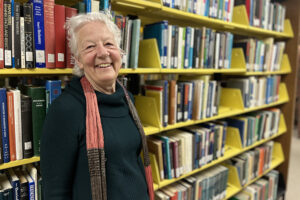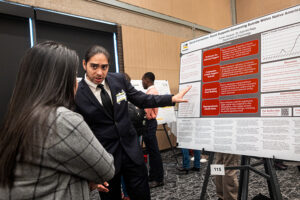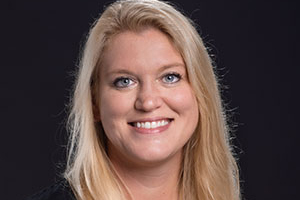Four UWM research projects have been awarded funding of just over $1 million from Wisconsin Sea Grant and the National Oceanic and Atmospheric Administration. The funding’s purpose is to build understanding of the Great Lakes, leading to science-based management and policy decisions.
The projects, among 12 from around the state totaling $2.8 million over two years, involve researchers from UWM’s School of Freshwater Sciences, College of Engineering & Applied Science, the Zilber School of Public Health and the departments of Biological Sciences and Geosciences.
UWM’s funded researchers and their projects include:
- Todd Miller (public health) is part of a multistate team in the Great Lakes region that will explore the formation of and ways to prevent harmful algal blooms.
- Shangping Xu (geosciences) and Yin Wang (engineering) will explore how per- and polyfluoroalkyl substances (PFAS), so-called “forever chemicals” found in firefighting foam and household items like Teflon or carpet stain repellant, accumulate and move in groundwater.
- Sandra McLellan (freshwater sciences) and Gyaneshwar Prasad (biological sciences) will investigate ways that E. coli persists on beaches and ways to manage the environmental and health risk posed by the bacteria.
- Dong-Fang Deng (freshwater sciences) will research feed types for walleye in coordination with the aquaculture operation led by the Mole Lake Sokaogon Chippewa community. The aim is to grow the domestic aquaculture industry.
Stewardship of the lakes is essential to fueling the state’s economy, said Sea Grant Director Jim Hurley. Wisconsin has 1,000 miles of Great Lakes coastlines. A recent study found 1.3 million jobs are tied to the Great Lakes, with $82 billion in annual wages.
Projects at UW-Madison, UW-Platteville and UW-Stevens Point campuses were also funded.







